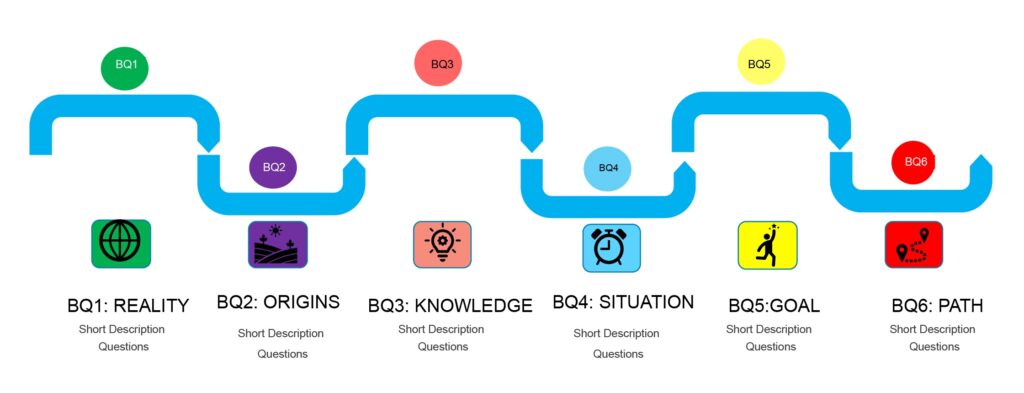Researching Religion and Worldviews: Designing a sequential curriculum
A Barnet Local Authority/ SACRE project funded by Culham St Gabriel’s.
The Barnet Ann Taves Project Team are using the academic work of Professor Ann Taves to build a sequential curriculum from age four through to age nineteen that is both appropriate for the classroom and accessible for teachers.
Aims and Impact; What is the big change you want to see?
Teachers and the wider project team are using an action research style approach to take the ‘high level’ research of Anne Taves on religion and worldviews and ‘translate it’ into an accessible format for the classroom. Working collaboratively across phase, as well as with the unrivalled academic support and steer from Professor Ann Taves (distinguished Professor (Emerita) UC Santa Barbara) and David Robertson (Open University) the team are creating a framework, templates and religion and worldviews exemplars using the Anne Taves approach. These exemplars can be used to inspire teachers to replicate the approach and create their own lessons. This will be an opportunity to see if this approach can work: high level academic research making an impact on learning in the classroom.
Ann Tave’s ‘evolutionary’ approach supports the need for Barnet’s schools to be inclusive. The six BQs can help to promote inclusivity in religious education by acknowledging and respecting the diversity of religious beliefs and practices found within and outside of the classroom. By providing a framework that is applicable to all religious traditions, students from different religious and cultural backgrounds can feel included and valued in the classroom.
What are Ann Taves Six BQ’s (Big Questions – Evolutionary Approach)
Exploring religious and non-religious worldviews through the six Big Questions (BQ’s) of Ann Taves offers an opportunity to explore fundamental questions that have fascinated human beings for millennia. Through using the six BQ’s as our Barnet curriculum ‘golden threads’ of learning from age 4 to age 19, we are intentionally building in opportunities for the child and teacher to revisit, retrieve knowledge and reinforce learning and understanding of the six carefully constructed ‘Big Questions’ to allow for the deep exploration of key concepts.
The six Big Questions are:
- REALITY (ontology) – What exists? What is real?
- ORIGINS (cosmology) – Who are we? Where do we come from? How did we get here?
- KNOWLEDGE (epistemology) – How do we know these things? (about ourselves and reality more generally)
- SITUATION – What is the situation in which we find ourselves?
- GOAL (axiology): What is the good (the goal) for which we should strive?
- PATH (praxeology) – What actions should we take? What path should we follow?
By exploring these six Big Questions we hope that students will gain a deeper understanding of the diversity of religious and non-religious worldviews, as well as the common human questions and concerns that underlie them. This syllabus encourages critical thinking, reflection and open-mindedness, and promotes respect for all people and their beliefs. It is our hope that this syllabus will inspire and challenge students to engage with these Big Questions and to develop their own understanding of the world and their place in it.
